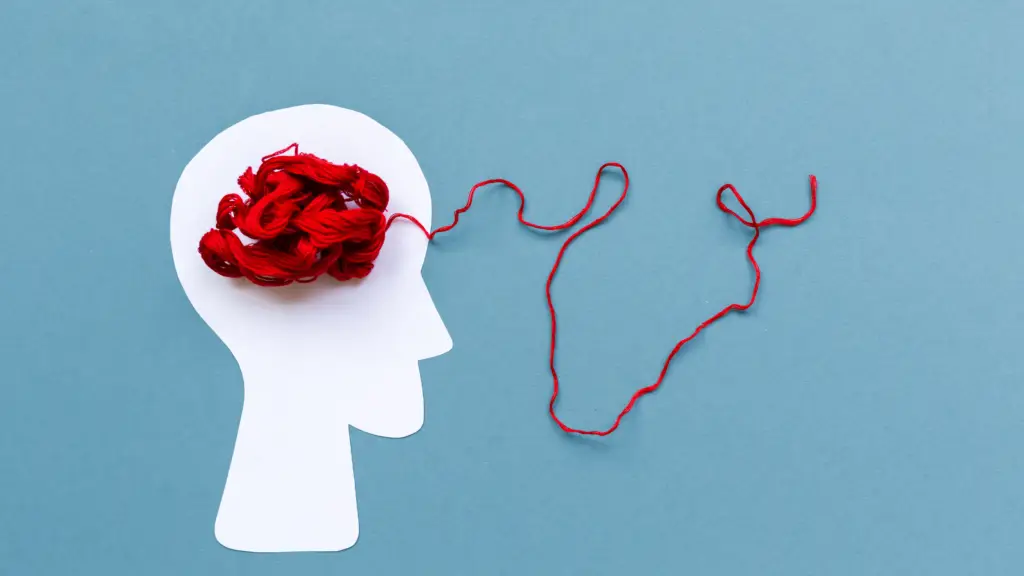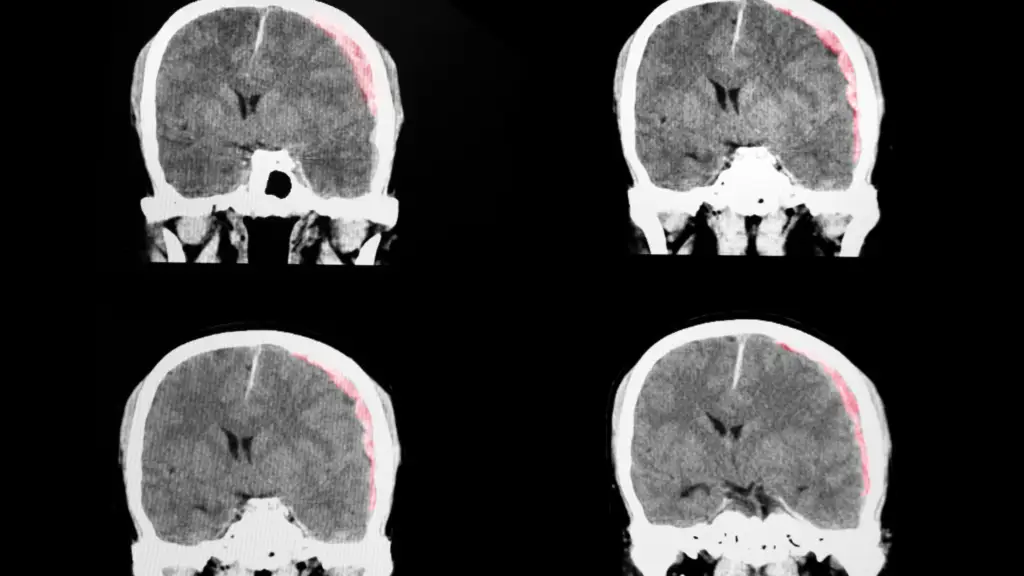
Car accidents are a common cause of traumatic brain injuries (TBIs). The force of the impact can cause the brain to slam against the skull, twist, or tear, resulting in a variety of injuries. Here are some of the most common types of TBIs caused by car accidents:
- Concussions
- These are the mildest type of TBI and are often caused by a bump or blow to the head. Symptoms of a concussion can include headache, dizziness, nausea, confusion, and memory problems. Most concussions heal on their own within a few weeks, but it’s important to see a doctor to rule out more serious injuries.
- Contusions
- These are bruises on the brain caused by bleeding from broken blood vessels. Contusions can range in severity from mild to life-threatening. Symptoms can include headache, dizziness, vomiting, seizures, and loss of consciousness.
- Coup-Contrecoup Injuries
- These are two contusions that occur on opposite sides of the brain. They are caused by the brain bouncing back and forth inside the skull after a sudden impact. Coup-Contrecoup injuries can be very serious and can lead to long-term problems with thinking, memory, and movement.
- Diffuse Axonal Injuries (DAI)
- These are injuries to the nerve fibers (axons) in the brain. They are caused by the brain twisting or shearing inside the skull. DAI can range in severity from mild to severe and can lead to a variety of problems, including coma, vegetative state, and death.
- Hematomas
- These are collections of blood that can form inside the skull after a TBI. Hematomas can be very serious and can put pressure on the brain, causing damage to brain tissue. Symptoms of a hematoma can include headache, vomiting, seizures, and loss of consciousness.
- Skull Fractures
- These are breaks in the bone that protects the brain. Skull fractures can be caused by a direct blow to the head or by the force of the impact in a car accident. Skull fractures can be serious and can lead to bleeding inside the skull, infection, and brain damage.
If you have been in a car accident and are experiencing any of the symptoms of a TBI, it is important to see a doctor right away. Early diagnosis and treatment can help prevent long-term problems.
In addition to the types of TBIs listed above, car accidents can also cause other types of brain injuries, such as:
- Penetrating injuries
- These are injuries caused by objects that pierce the skull and enter the brain.
- Anoxia
- This is a lack of oxygen to the brain, which can be caused by a blow to the head or by blood clots that block blood flow to the brain.
- Hypoxia
- This is a decrease in the amount of oxygen in the blood, which can be caused by shock or by breathing problems after an accident.
All of these injuries can be very serious and can have long-term consequences. If you think you or someone you know may have a brain injury, it is important to seek medical attention immediately.
How to Identify a Traumatic Brain Injury after an Accident?

Recognizing a traumatic brain injury after an accident is crucial for seeking prompt medical attention and ensuring proper care. Here are some key signs and symptoms to watch out for:
Immediately following the accident:
- Loss of consciousness: Even a brief period of unconsciousness, even for seconds, should be taken seriously.
- Disorientation and confusion: Feeling dazed, disoriented, or confused about the circumstances or location can indicate brain trauma.
- Vision problems: Blurry vision, double vision, or seeing stars can be signs of head injury.
- Dizziness and imbalance: Difficulty maintaining balance or feeling like the room is spinning can be worrisome.
- Headache: While headaches are common after an accident, persistent or severe pain, especially worsening over time, warrants medical evaluation.
- Bleeding from the head or ears: Any visible bleeding is a cause for immediate medical attention.
Within hours or days following the accident:
- Memory problems: Difficulty remembering events before or after the accident, or struggling to form new memories, can be indicative of brain injury.
- Changes in mood or behavior: Irritability, depression, anxiety, or uncharacteristic emotional outbursts can be signs of head trauma.
- Sleeping problems: Difficulty falling asleep, staying asleep, or experiencing nightmares can be related to brain injury.
- Speech difficulties: Slurred speech, difficulty finding words, or changes in speaking volume or pitch can be concerning.
- Physical clumsiness or weakness: Stumbling, dropping things, or feeling weak in limbs can be symptoms of brain trauma.
- Seizures: Any seizure activity after an accident requires immediate medical attention.
Remember: Even if you don’t experience any immediate symptoms, it’s crucial to seek medical evaluation after a head injury, especially if you experience any of the listed signs later. Early diagnosis and intervention can significantly improve recovery outcomes.
DISCLAIMER: It’s important to note that this information is not a substitute for professional medical advice. If you have any concerns about a potential brain injury, please consult a doctor or healthcare professional immediately.
How Can a Car Accident Cause Memory Problems?
Car accidents can cause memory problems through a variety of mechanisms, primarily related to brain injuries inflicted by the sudden force of the impact.
Disruption of Brain Processes
- Post-traumatic amnesia (PTA): This temporary memory loss often occurs immediately after a head injury and can last for minutes, hours, or even days. It’s often the first indicator of a potential TBI.
- Anterograde amnesia: This type of memory loss affects the ability to form new memories after the accident.
- Retrograde amnesia: This less common form involves the loss of memories formed before the accident.
Psychological Impact
- Emotional trauma: The stress and emotional distress of a car accident can trigger dissociative amnesia, a psychological defense mechanism where memories of the traumatic event are blocked.
- Depression and anxiety: These conditions, commonly following accidents, can interfere with memory consolidation and retrieval.
Severity and Recovery
The severity of memory problems after a car accident depends on various factors, including the type and severity of the brain injury, the individual’s age and health, and the promptness of medical intervention. Recovery can vary significantly, with some individuals regaining full memory function within weeks, while others may experience long-term memory challenges.
Please remember: If you’ve been in a car accident and are experiencing any memory problems, seek immediate medical attention. Early diagnosis and treatment can significantly improve your chances of recovering from memory loss. A doctor can evaluate the cause of your symptoms and recommend the most appropriate treatment plan.
Ways to Reduce your Risk of a Traumatic Brain Injury During a Car Accident
Fortunately, there are several ways to significantly reduce your risk of sustaining a traumatic brain injury (TBI) during a car accident:
Pre-Crash Strategies
- Seatbelts: Buckle up every time, in every seat, no matter how short the trip. Ensure proper fit for children using age-appropriate car seats and booster seats.
- Speed: Follow the speed limit and adjust for weather conditions. Excessive speed increases the force of impact and severity of injuries.
- Distractions: Avoid distractions like texting, talking on the phone, or adjusting the radio while driving. Focus on the road and remain alert.
- Impaired Driving: Never drive under the influence of alcohol, drugs, or even fatigue. These impair judgment and reaction time, significantly increasing the risk of accidents.
- Vehicle Maintenance: Regularly check and maintain your vehicle, including tires, brakes, and airbags. Proper upkeep ensures optimal performance and safety.
- Defensive Driving: Practice defensive driving techniques like maintaining a safe distance, scanning the road ahead, and anticipating potential hazards.
Crash Mitigation Strategies
- Airbags: Ensure airbags are functional and in proper working order. They play a crucial role in cushioning the impact during a collision.
- Headrests: Adjust headrests to support the back of your head and minimize whiplash risk in rear-end collisions.
- Vehicle technology: Consider newer vehicles equipped with advanced safety features such as automatic emergency braking and lane departure warning systems.
General Safety Measures
- Carpooling and public transportation: Opt for alternatives to driving whenever possible, especially if feeling exhausted or under the influence.
- Bicycle helmet: Always wear a helmet when cycling, even for short distances.
- Pedestrian awareness: Be vigilant as a pedestrian and crosswalk cautiously, observing traffic closely.
Remember, even with precautions, accidents can happen. Seeking immediate medical attention if you experience any symptoms of a potential TBI after a car accident is crucial. Early diagnosis and intervention improve recovery outcomes.

